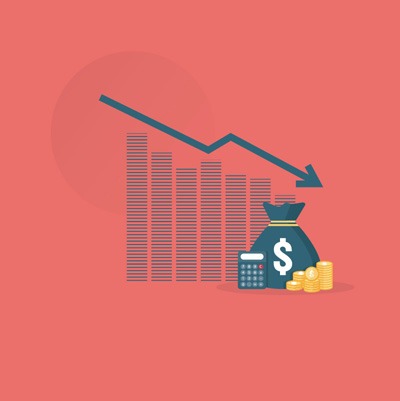The Internet has brought a number of changes to the field of procurement. Companies can now place orders with vendors through virtual catalogs in real-time, for example. However, none of these changes seems capable of saving companies as much money as reverse auctions. Since they began to take off online, more businesses have jumped on board the reverse auction bandwagon from government agencies to national publishers to small family-owned businesses. These businesses and government agencies have purchased and implemented reverse auction software and now depend on their reverse auction system.
What are Reverse Auctions?
Reverse auctions, as the name implies, are not run like traditional auctions. In most auctions, a seller offers a good or service. Bidders offer prices and compete with one another in a way that drives the price up. At the end of the auction, the highest bidder wins the item. With reverse auctions, things are different. First, the buyer is the one who starts the auction. The buyer creates a description of his particular needs. Next, the sellers are the ones who place bids during the auction. Their bid is based on how much they would charge to fulfill the buyer's needs. Then, the competition between the sellers ends up driving the prices down, instead of up, so the buyer pays less. Finally, the buyer chooses the winning bidder. The winner is not necessarily the highest or the lowest bidder but is selected by the buyer on the basis of a number of factors. Price is often an important one.

Reverse Auction Software Benefits
Reverse auction software provides a number of benefits for buyers. Obviously, since sellers are competing against one another openly, prices will be lower. Businesses that have used reverse auctions for raw material purchases have seen cost decreases between 25 and 45% on average. However, price reductions are not the only benefit of reverse auctions to buyers. These auctions also save time. In the past, the vendor selection was incredibly time-consuming. Businesses would send out requests for proposals to all potential vendors, wait for them to respond with their proposals, sift through all of them, then make a decision. Because of the format of the delivered proposals, direct comparisons between the vendors were often more difficult to make which meant the process often went on even longer. With reverse auctions, the buyer simply posts his request online, invitations to pre-selected vendors are distributed automatically by email, interested sellers place their bids, and the buyer can compare prices, qualifications, and other factors at a glance. As a result, the time between creating the request and choosing the vendor is considerably shortened.

Which Purchases Should Reverse Auctions be Used For?
Even though reverse auctions have been successfully used by businesses to make purchases in a number of industries, not all procurement activities can equally benefit from the cost and time savings. Bulk purchases, for example, work very well with reverse auctions. Purchases of goods that are manufactured based upon an agreed upon standard also work well for reverse auctions because buyers do not have to be as concerned about the quality of the goods since they should all be created equal. Reverse auctions also work better when a buyer will be dealing with a foundation of familiar vendors. When this is the case, the buyer can have more confidence in his buying decision because he will be well acquainted with the reputation and the craftsmanship of each potential supplier.
While the situations above work well with reverse auctions, some situations work less effectively. For example, if the buyer's needs can only be supplied by a small number of firms, then reverse auctions will not be the best idea. The price in reverse auctions is driven down by competition, so if only limited competition exists, then the price will not decrease enough to save the buyer a substantial amount of money. Not to mention that the buyer runs the risks of alienating his only potential sources for the goods or services he requires. Additionally, reverse auctions don't work as well when large numbers of extra services, such a warranty, are necessary as an important part of the purchasing agreement.
